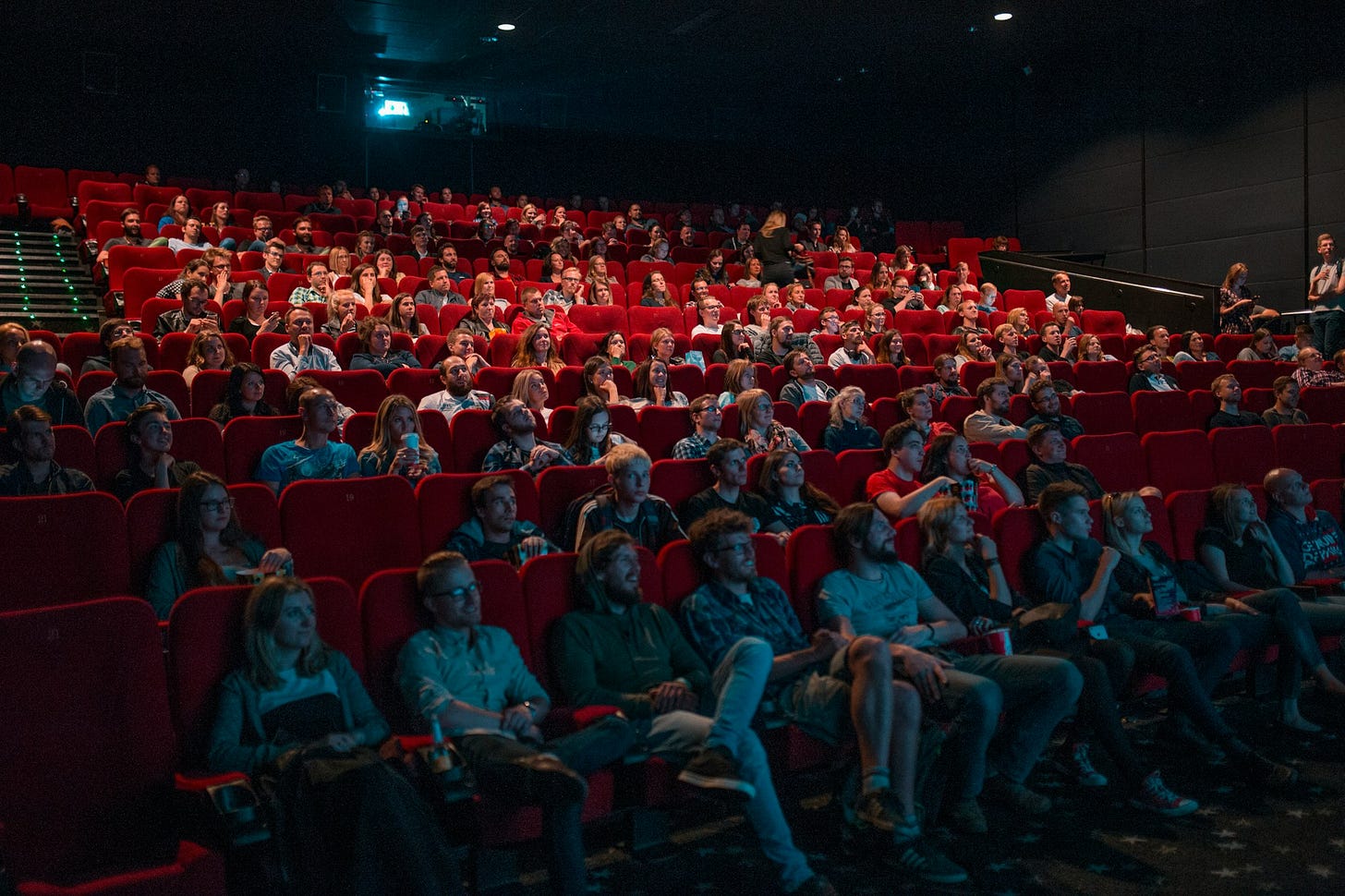Unveiling the Enchantment: Exploring the Magic of Movies
Movies are magic. This truth has resonated with me since I first experienced it: smelling popcorn in a dark theater and being transported beyond everyday reality. My belief in magic stems not from spells or creatures but from the silver screen, where drea

Movies are magic. This is not a mere platitude but a profound truth that has resonated with me since the first time I sat in a darkened theater, the smell of popcorn…

